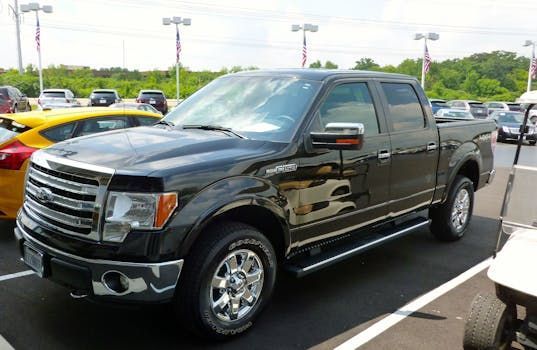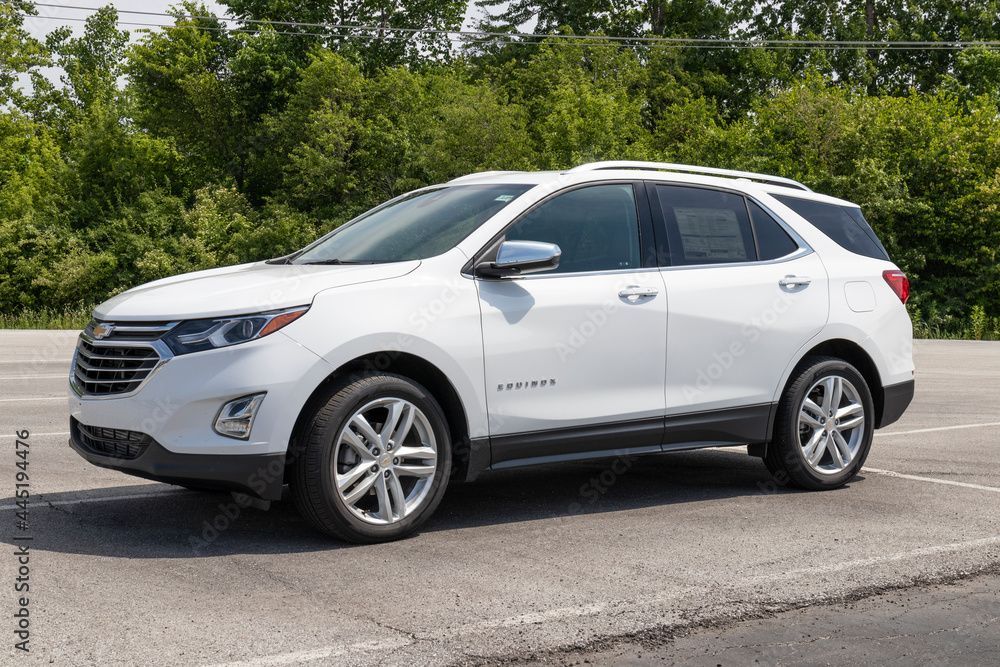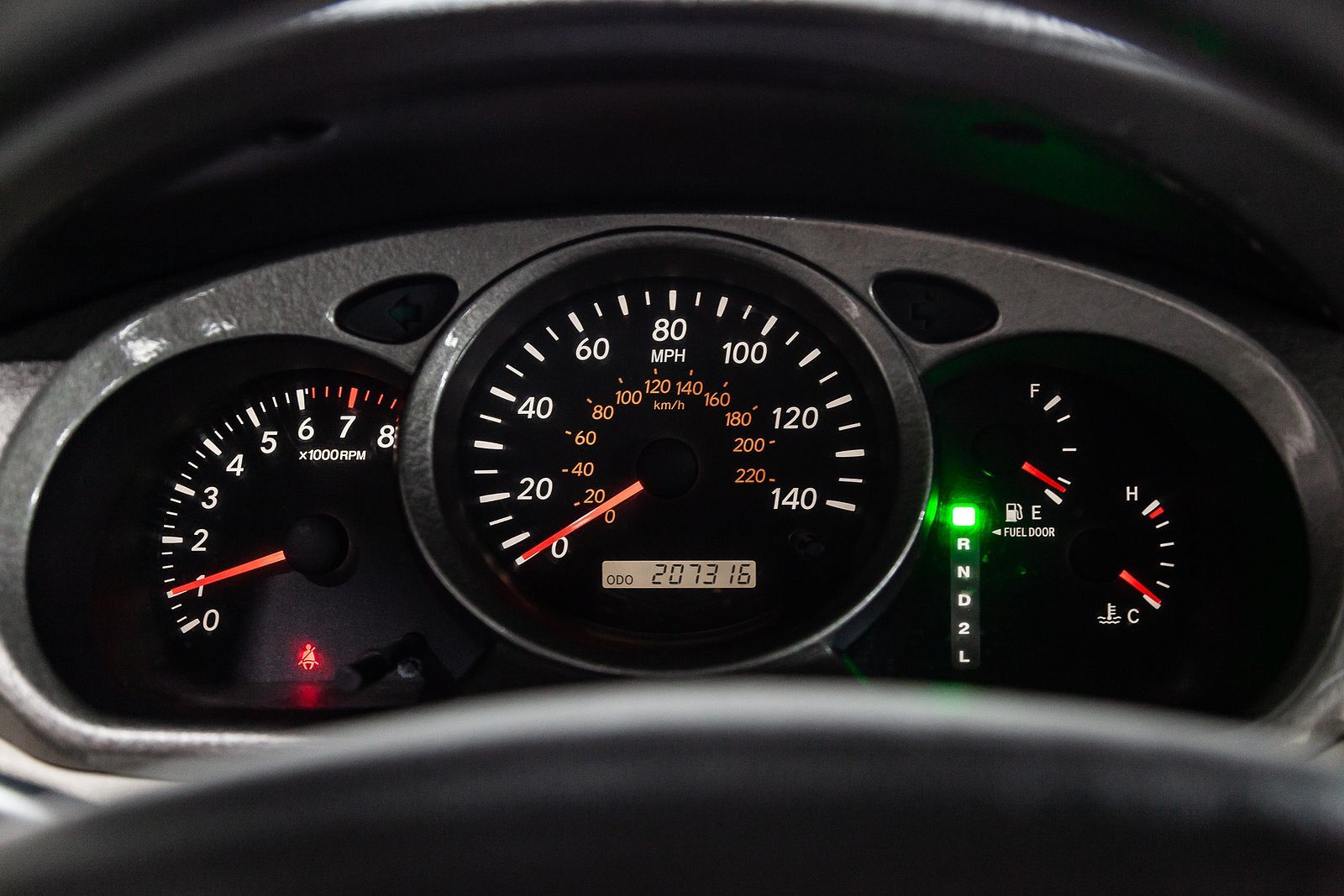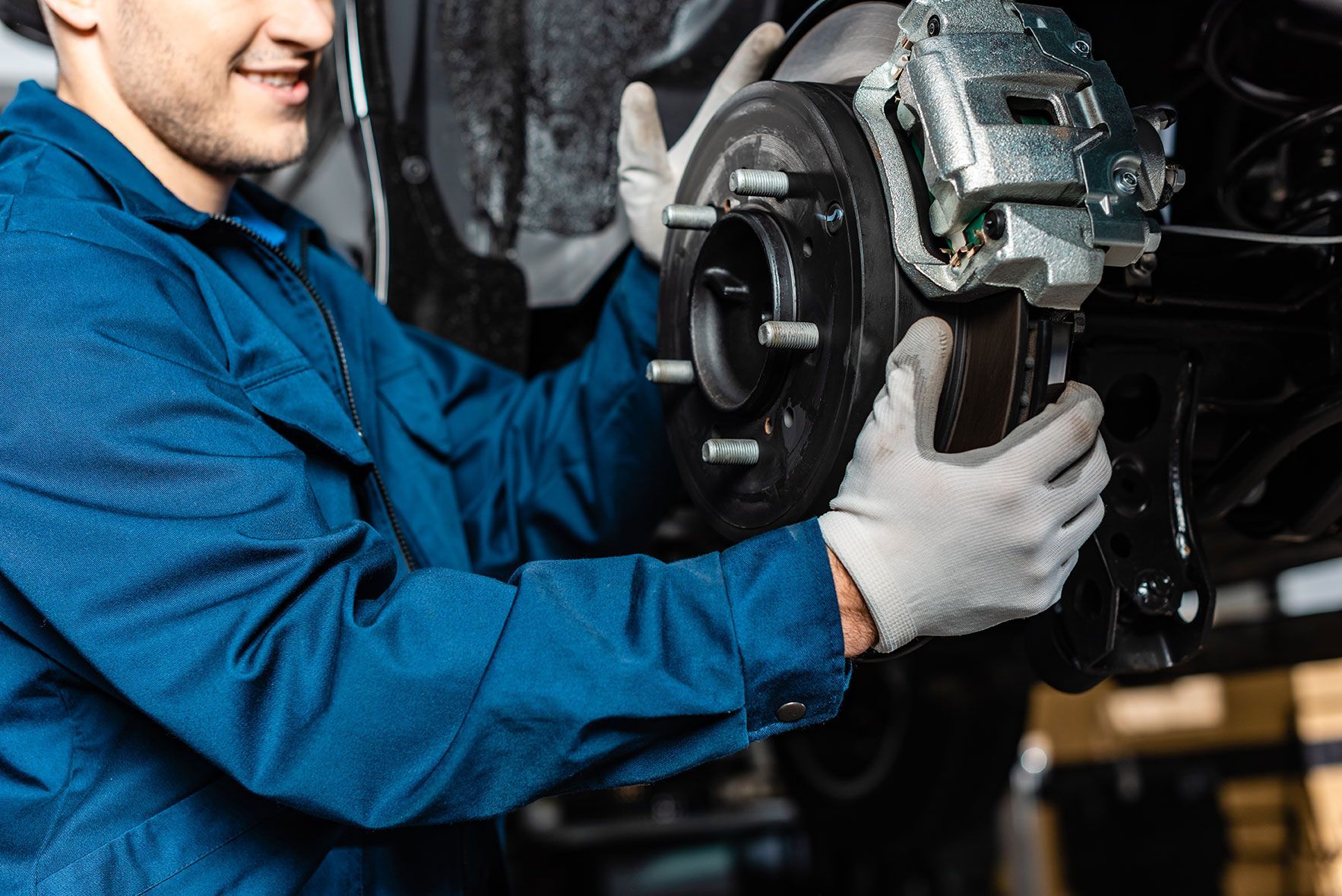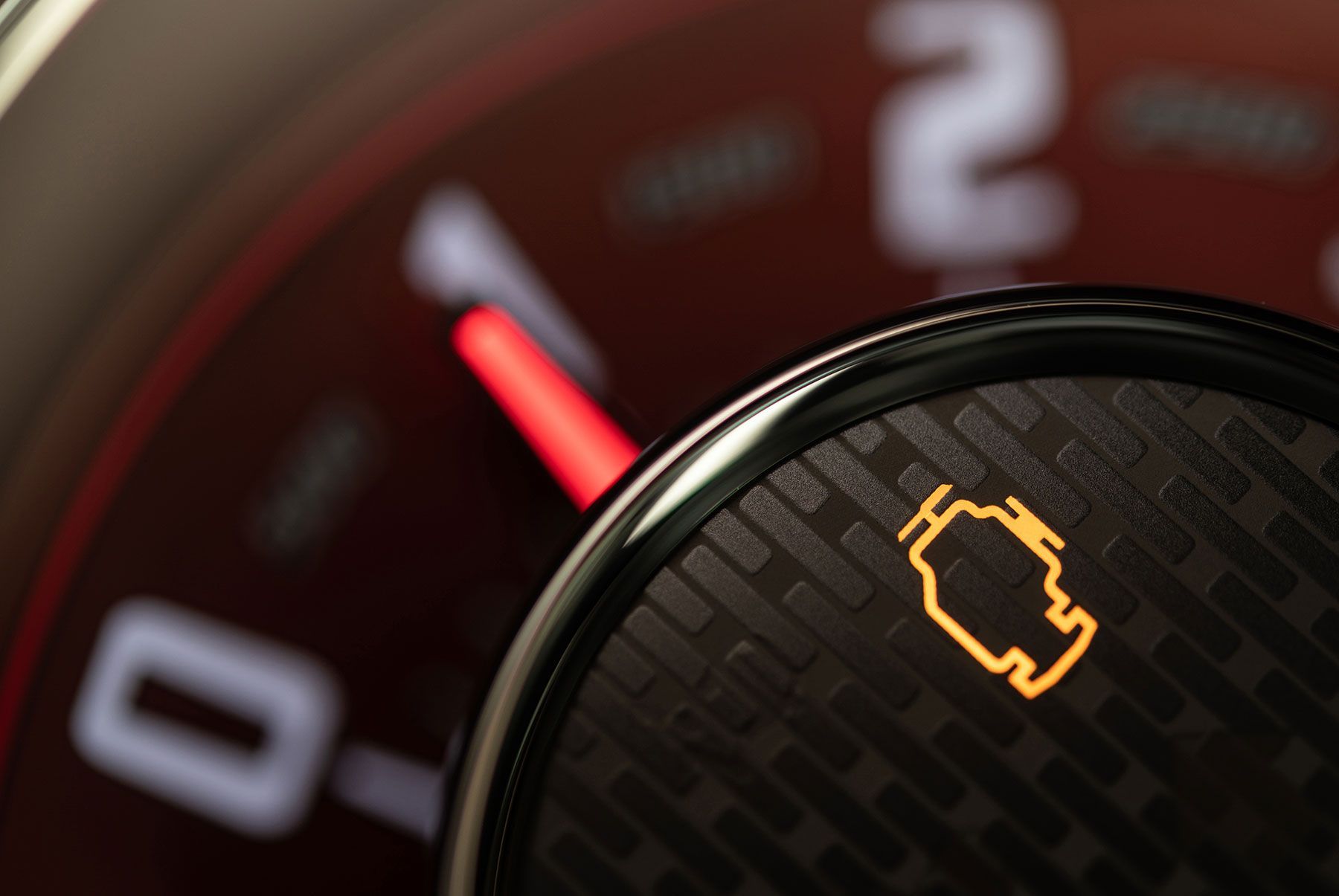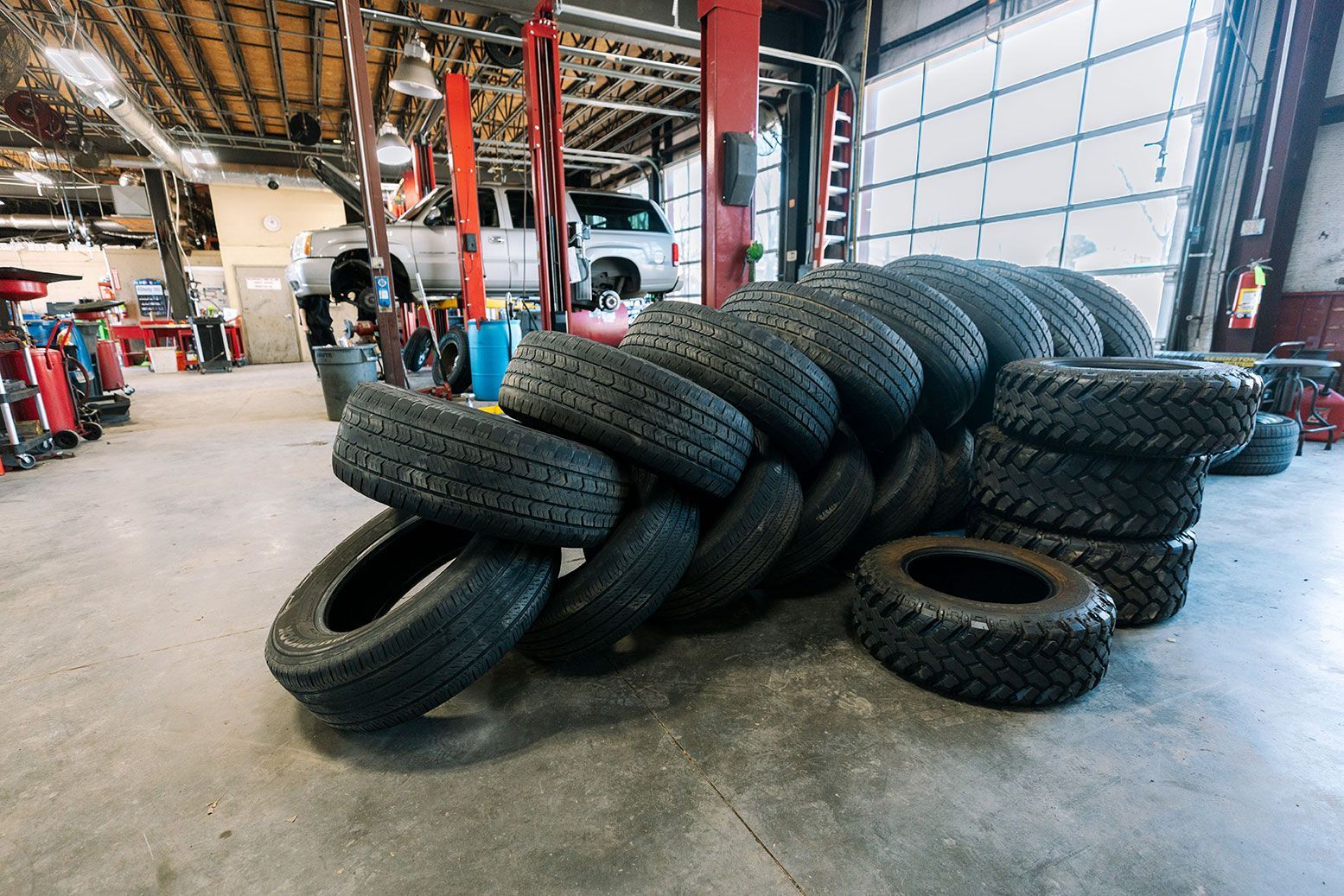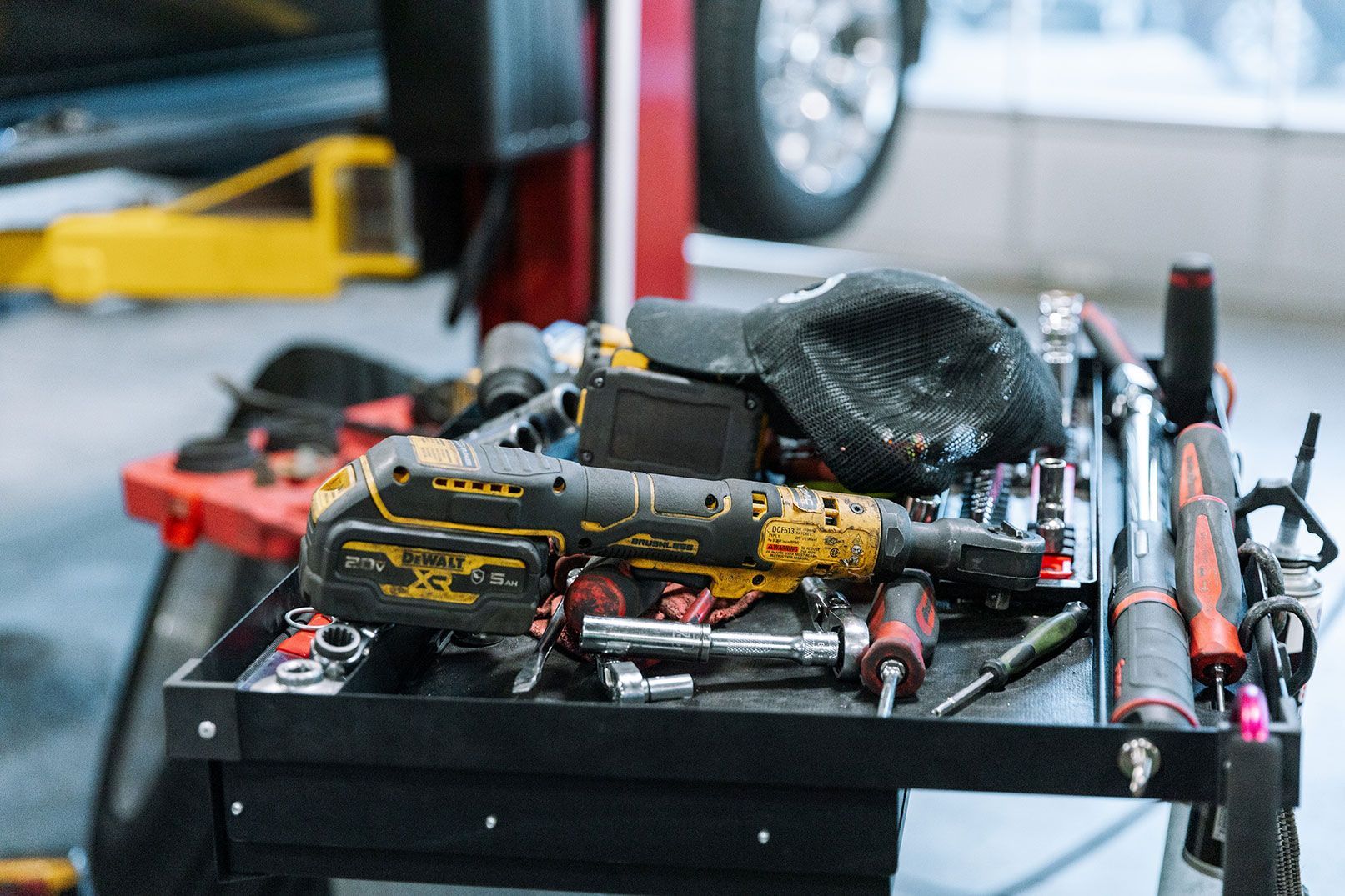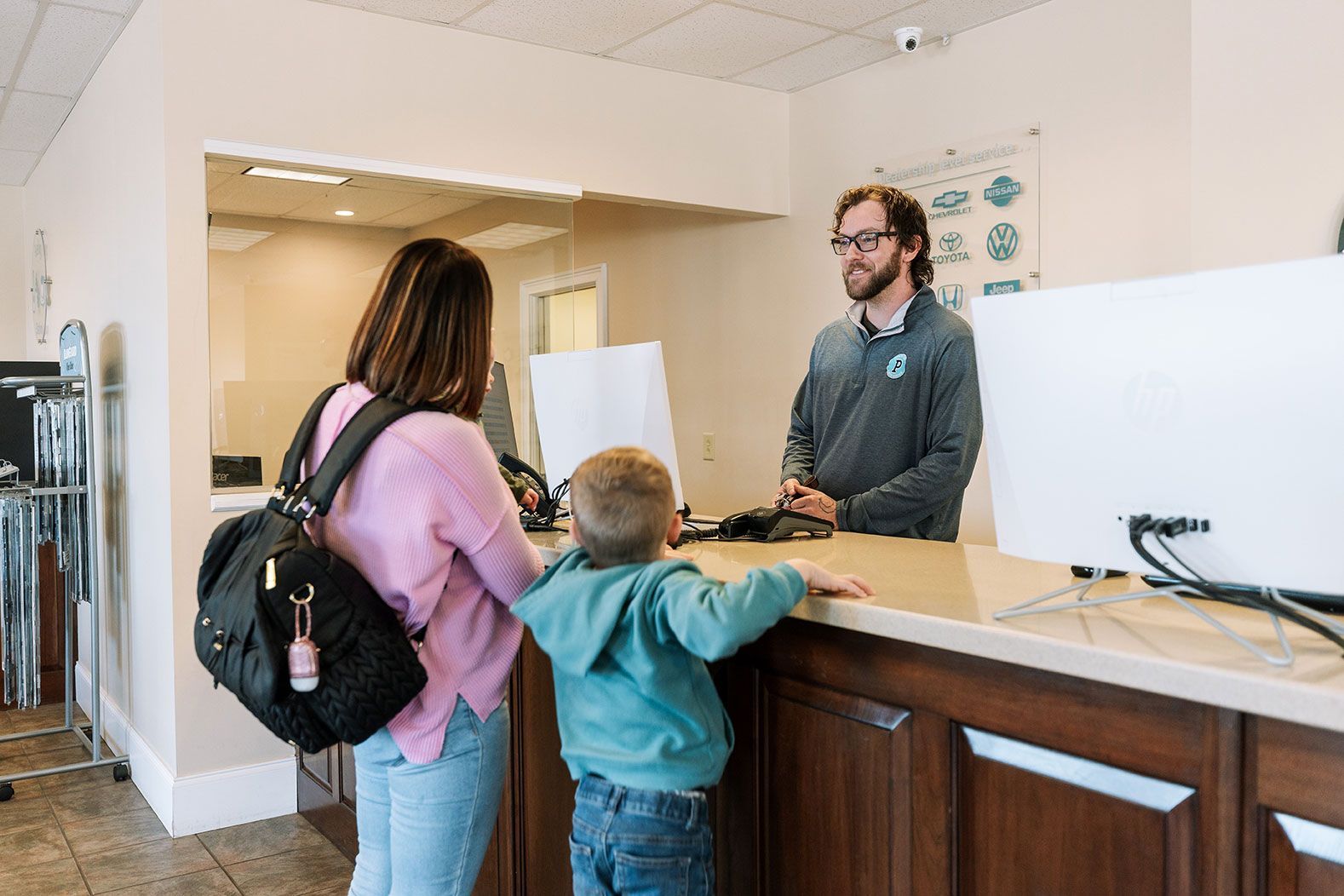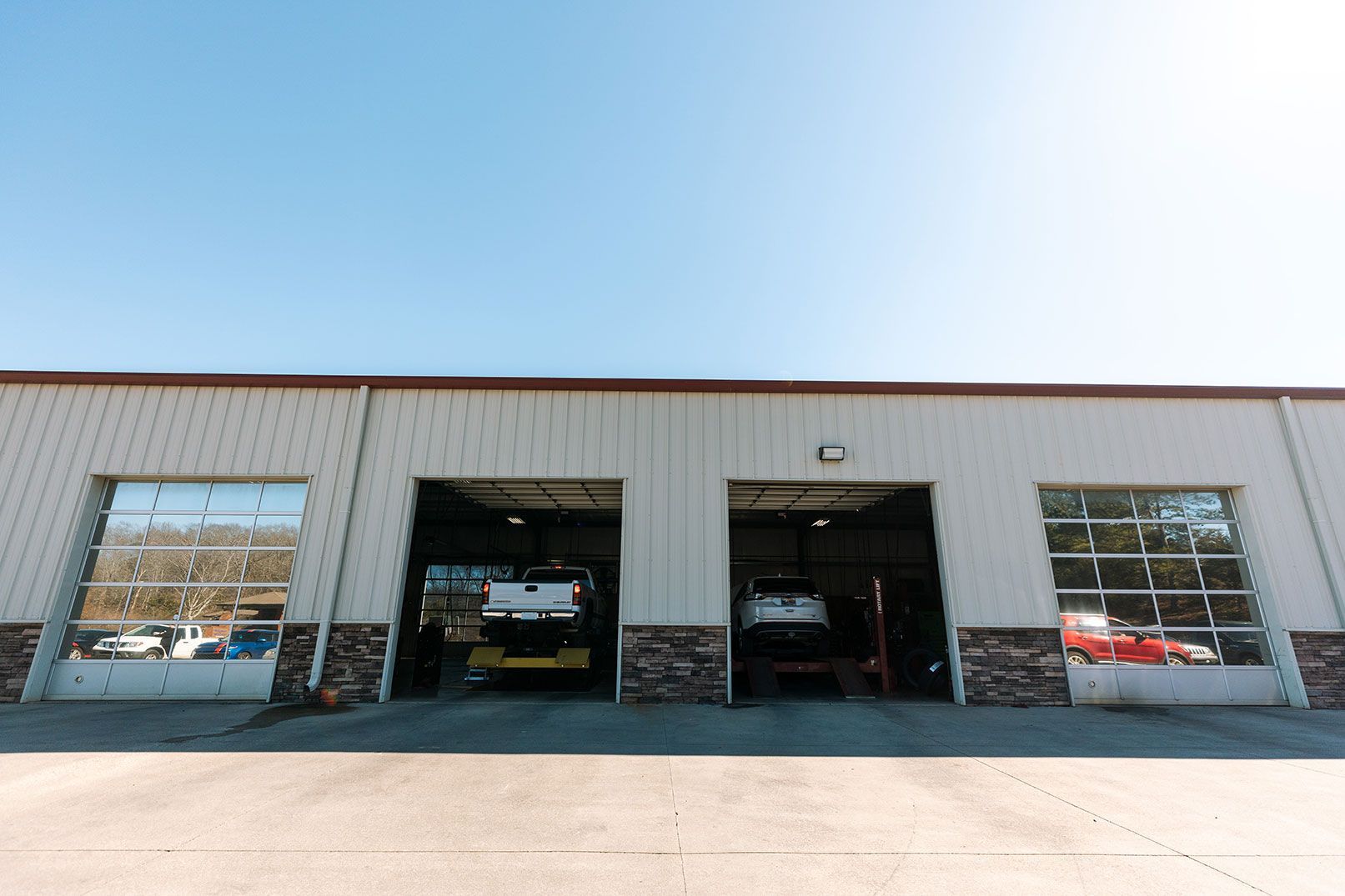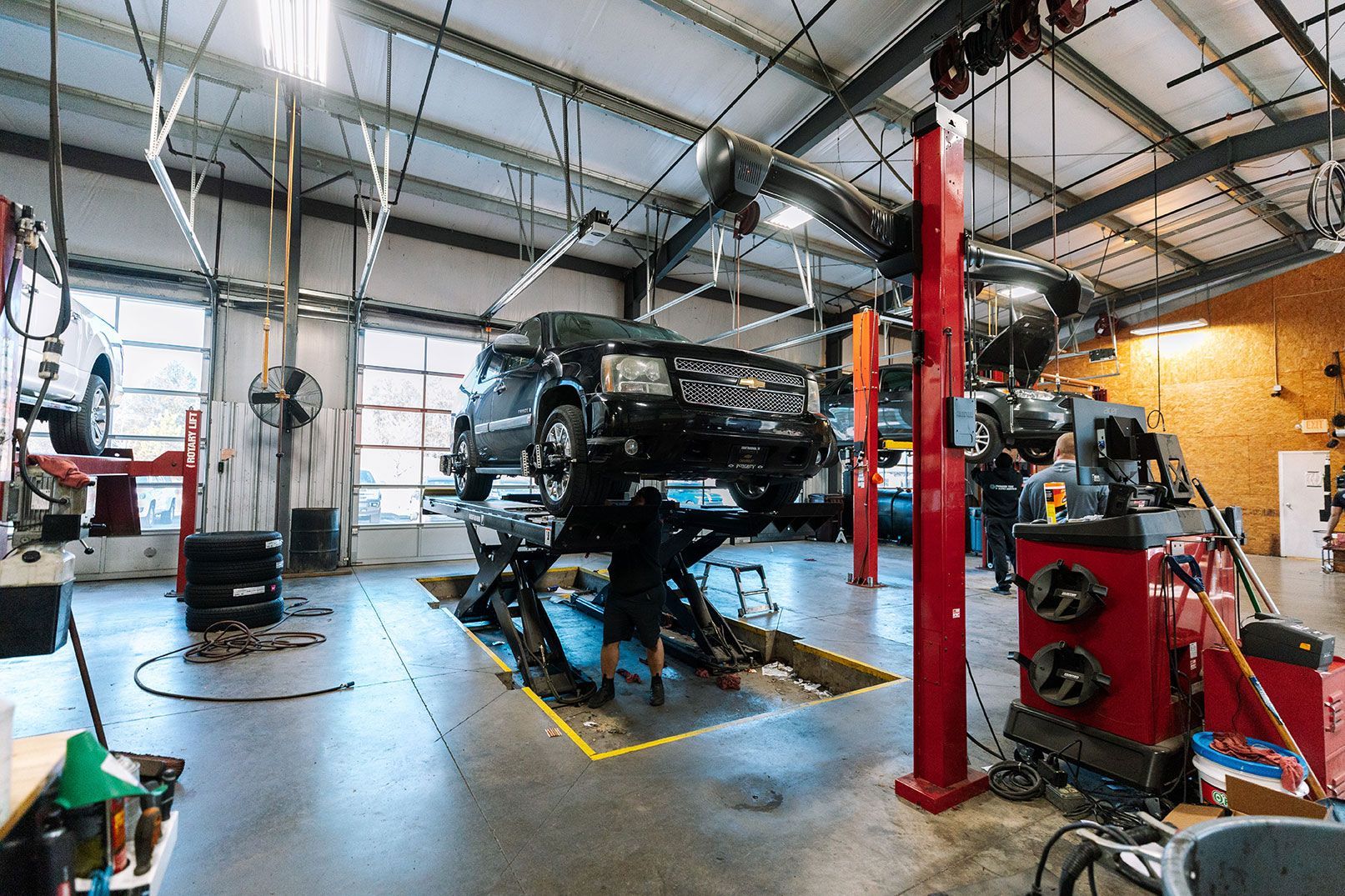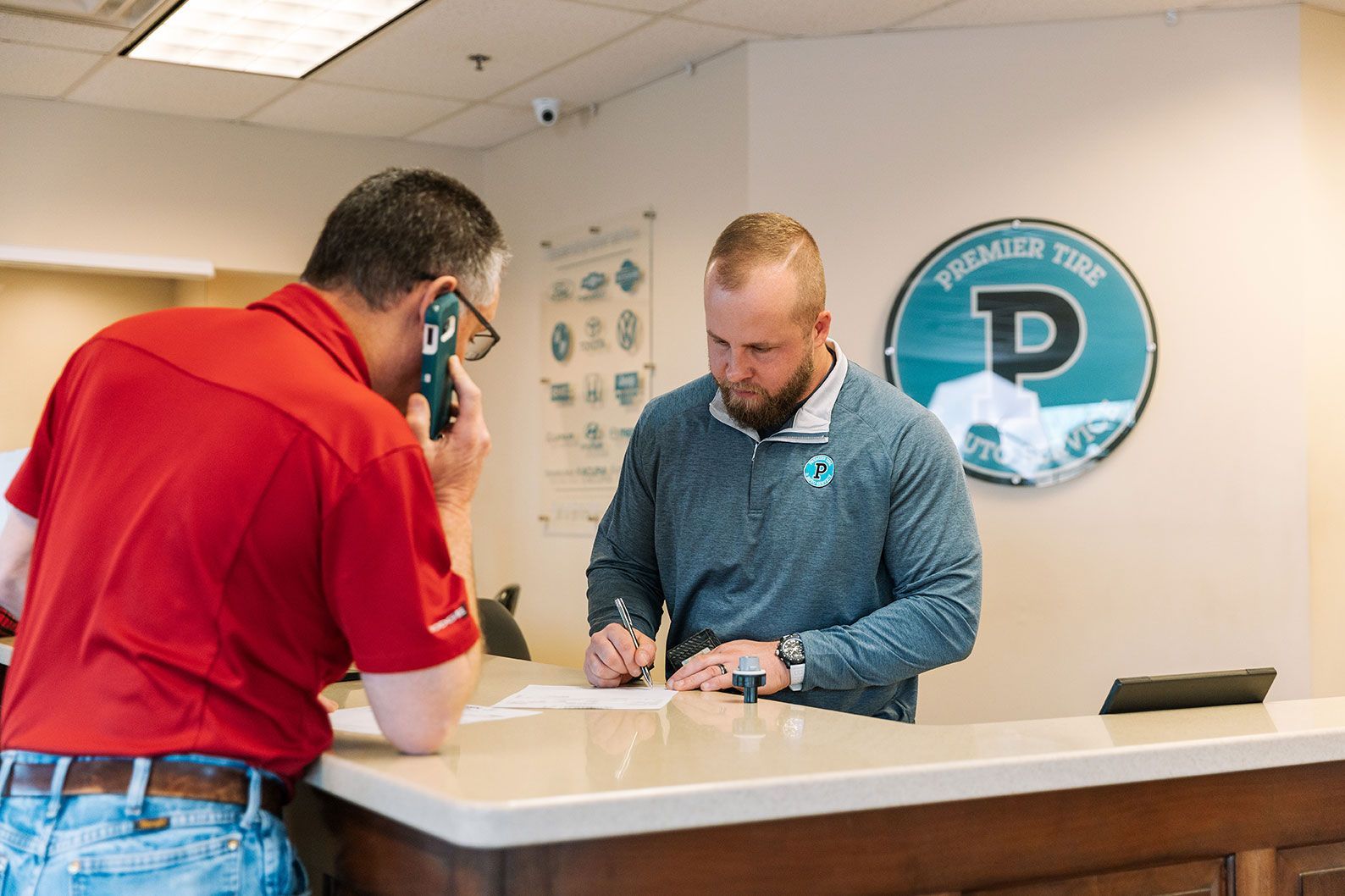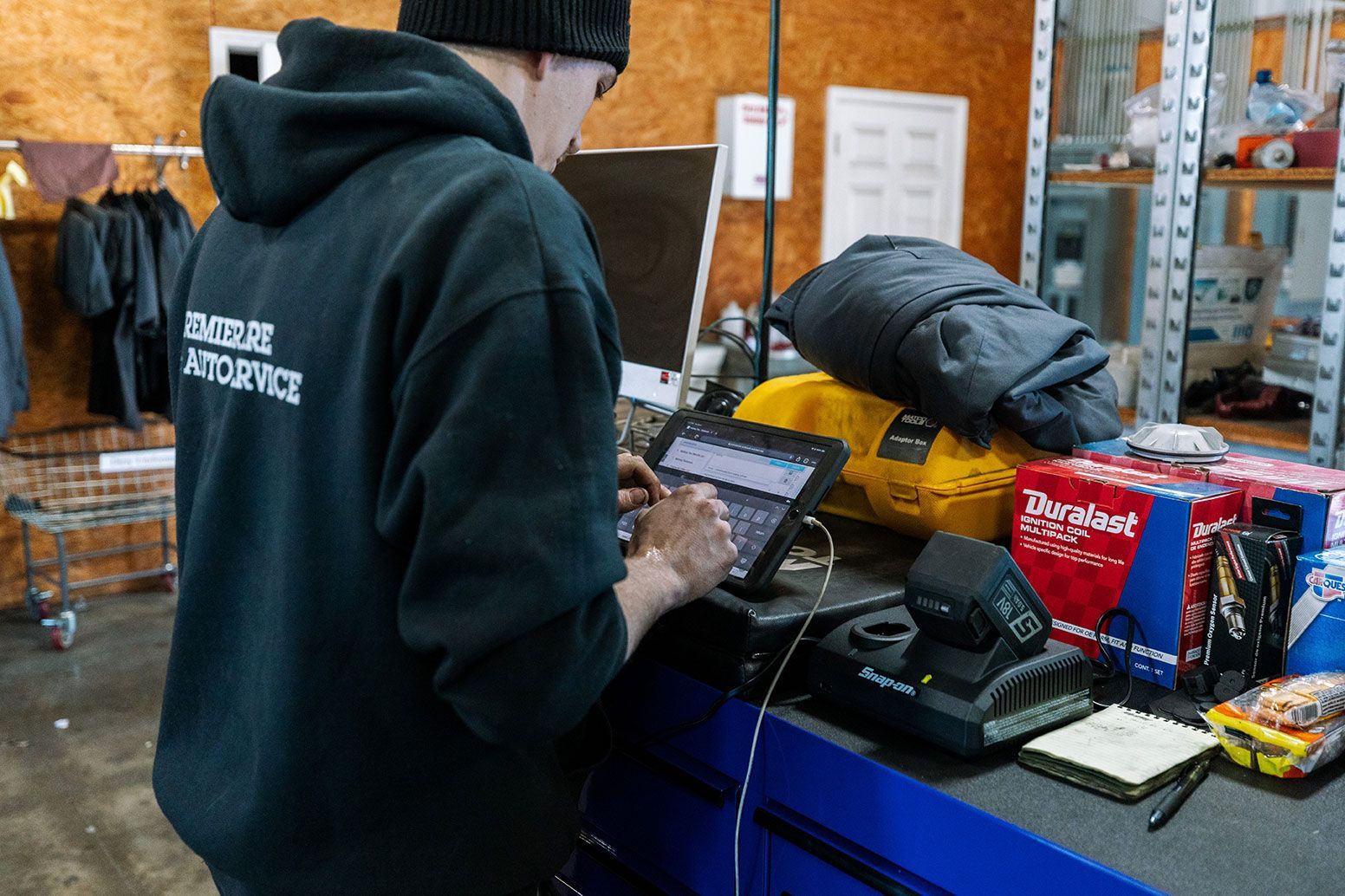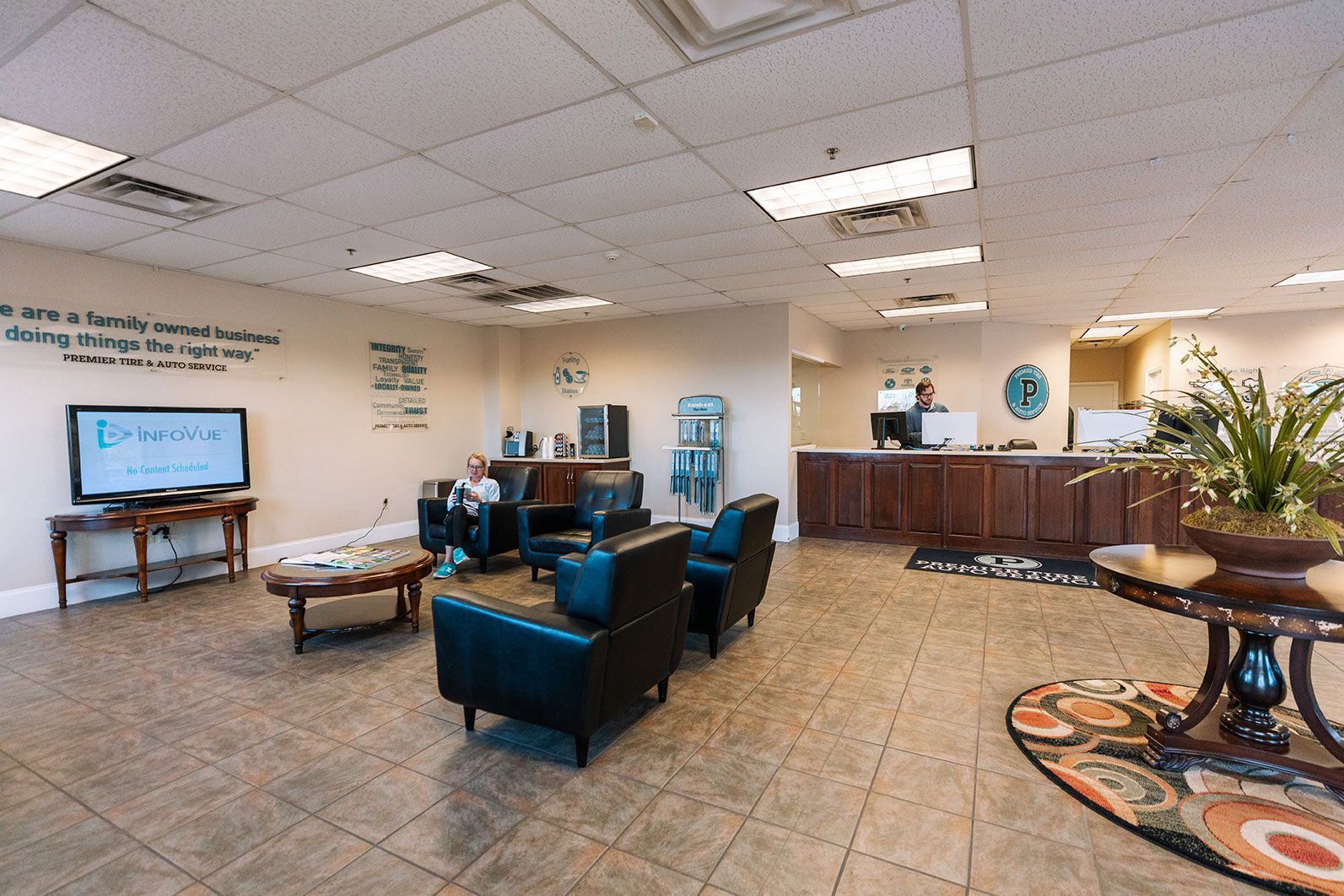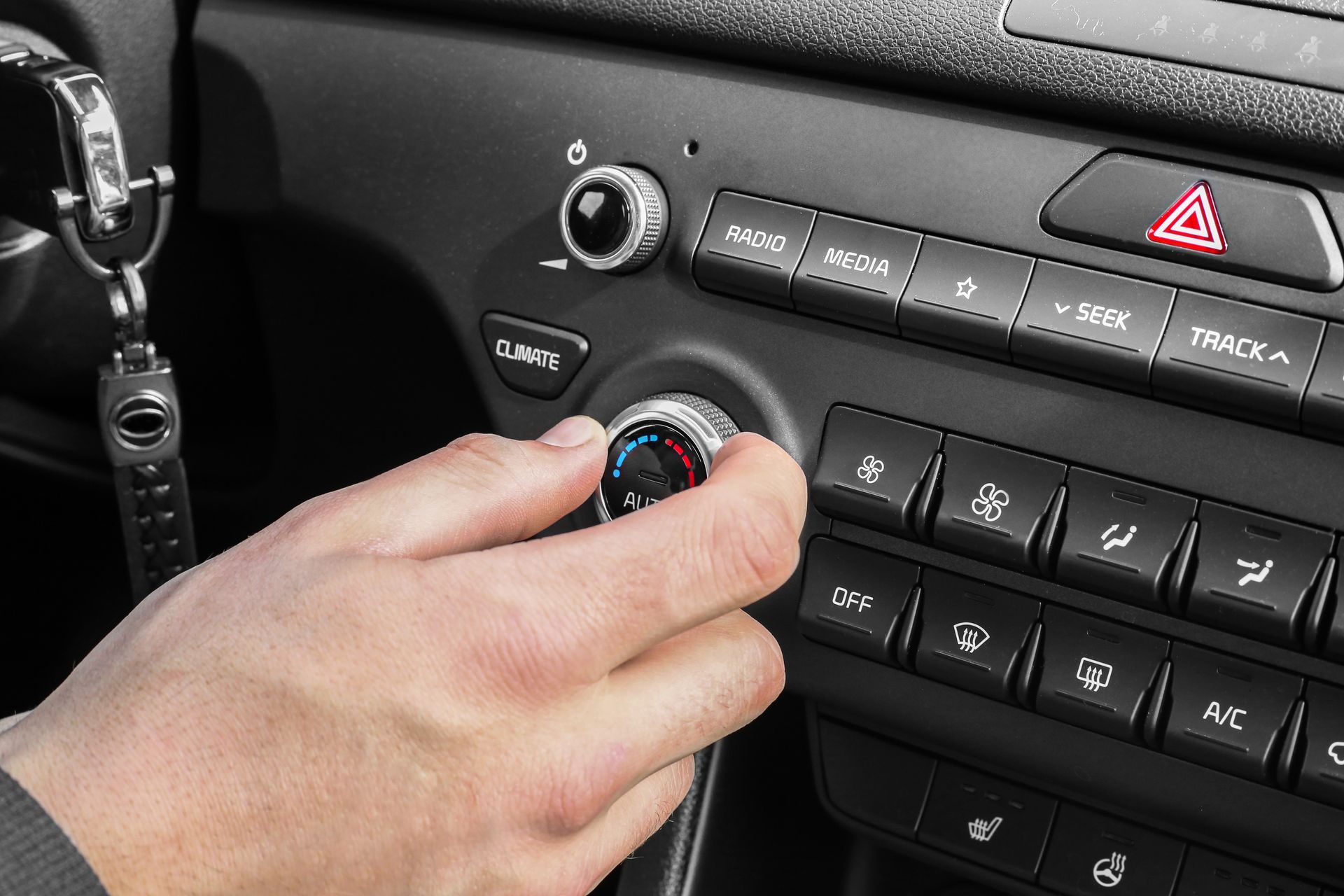
Why Your Car’s AC Isn’t Blowing Cold Air (And What We Check During AC Service)
It’s a hot, humid day in Tennessee, you start your car, crank the AC… and get blasted with warm air. Few things are more frustrating than a car air conditioner that doesn’t do its job — especially during a Cleveland or Ooltewah summer.
At Premier Tire & Auto, we help local drivers stay cool with professional automotive AC diagnostics and repair. Whether your system is weak, inconsistent, or completely warm, here’s what we check and what might be causing your AC issues.
Common Reasons Your Car AC Isn’t Blowing Cold Air
1. Low Refrigerant (Freon)
Over time, refrigerant can slowly leak out of your system. Without enough refrigerant, your AC can’t absorb and release heat effectively. Low refrigerant is the most common cause of warm air.
2. Refrigerant Leaks
Leaks can occur in the hoses, evaporator, condenser, or compressor. Even small leaks can reduce system performance and eventually stop cooling altogether.
3. Faulty AC Compressor
The compressor is the heart of the AC system — it pressurizes the refrigerant and circulates it through the system. If it’s failing or seizing, your AC won’t cool properly.
4. Clogged or Damaged Condenser
The condenser sits at the front of the car and helps release heat from the refrigerant. If it’s clogged with debris or damaged by a rock or road debris, your system may overheat and underperform.
5. Blend Door or Control Issues
Inside your dashboard, small blend doors direct air through either the heater core or the AC evaporator. If they’re stuck or malfunctioning, you might get heat when you want cold.
6. Electrical or Sensor Malfunctions
Modern vehicles use pressure switches, thermostats, relays, and other electronics to control AC function. One faulty sensor or corroded wire can prevent the system from turning on.
What We Check During an AC Inspection at Premier Tire
When you bring your vehicle to us for AC service in Ooltewah or Cleveland, TN, here’s what our ASE-certified techs look for:
- Refrigerant level and pressure testing
- Compressor function and clutch engagement
- Evaporator and condenser condition
- Refrigerant leak check using UV dye or electronic sniffers
- Blend door and actuator function
- Electrical diagnostics for relays, fuses, sensors
- Cabin air filter inspection (often overlooked but can restrict airflow)
After diagnosis, we’ll walk you through the best repair options — whether it’s a recharge, a compressor replacement, or a minor fix.
How Tennessee’s Climate Impacts Your AC System
Our region experiences high humidity and long stretches of warm weather. This means your AC system:
- Works harder for more months of the year
- Is more prone to wear, leaks, and performance loss
- Needs annual inspections and maintenance to avoid costly repairs
If your car is over 5 years old and the AC isn’t ice-cold, it may be time for a professional checkup.
Don’t Settle for Warm Air — Schedule AC Service Today
If your car’s AC isn’t keeping you cool, don’t wait for a total failure. Premier Tire & Auto is your local go-to shop for complete auto AC diagnostics and repair in
Cleveland and Ooltewah, TN.
Call us at (423) 243-3502 (Ooltewah) or (423) 479-3365 (Cleveland), or book online!
We’ll get your AC blowing cold — fast.

